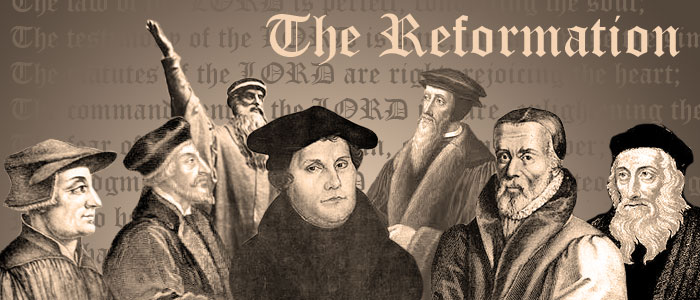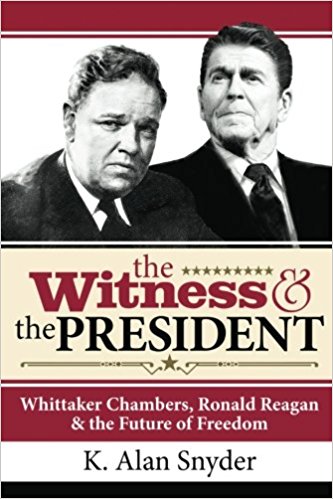I have been blessed these last two years with opportunities to teach classes that are very near and dear to my heart. Those who follow my blog posts know that my research and writing focus on C. S. Lewis has been central to my teaching ministry. I just completed a semester at Southeastern University teaching my basic Lewis course, while simultaneously teaching a course on Lewis’s Ransom Trilogy at my church. While my next Lewis-centered course won’t be until the fall, I have plenty of other topics to keep me busy.
Each Wednesday evening through the end of March, I’m helping adults at my church navigate through church history. I’ve already offered courses on the early church and medieval Christianity. Now I’m completing the history of the church from the Reformation to the present. The goal is to be honest, balanced, and nuanced as I proceed. There are so many controversies to handle that I have to trust the Lord to give me wisdom in presenting them. There are great heroes of the faith to talk about—and some that were not.
For ten months out of the year, I teach an adult class on Sundays. Currently, we are working our way through 1 Timothy. Along the way, based on what Paul wrote, I’ve had to deal with how Christians should interact with government and examine closely the different positions Christians take on the role of women in the ministry. Sensitive topics need a sensitive approach while remaining thoroughly Biblical.
At the university, one of my favorite courses (besides the Lewis course) is on tap for this semester. I call it “The Witness of Whittaker Chambers.”
This man, unknown to most Americans today, was front page news back in the late 1940s and early 1950s when he fingered a former high ranking State Department official as an underground agent for the Soviet Union. That agent, Alger Hiss, firmly denied Chambers’s testimony, but Chambers had inside knowledge: he had been part of that same underground with Hiss.
The drama that surrounded this story held much of the nation captive at the time. Ultimately, Chambers’s accusations were proved to be true in court. Hiss went to prison for perjury.
Once the trial ended, Chambers wrote the whole story for the world to read and meditate on. His book, Witness, rose to #1 on the bestsellers list in 1952. The publisher wanted a quick espionage-centered tale; Chambers instead gave us an account of a life—his—that had believed in a monstrous lie, only to turn away from it and find God. He wasn’t interested in just offering facts of the case; rather, he sought to challenge Western civilization to reconsider the claims of God on each individual and society.
It is a moving and highly personal story that he tells, and although he expressed pessimism that many would listen and act on his warnings of a civilization devoid of the Christian witness, he shared his own personal witness in the hope that some would take seriously his message.
In 2015, I published a book detailing the intersecting lives and thoughts of Chambers and Ronald Reagan. I have used this book at the university in the Chambers course and in one I have called “Ronald Reagan and Modern American Conservatism.” Now I’m using it at the church for a class that will run from April through June.
Some may wonder why a book that would seem to be primarily political would be a good choice for a church course. Well, the politics is primarily the background for their lives. What I’m most interested in is the grace of God that touched both men, and that will be the emphasis in this course.
It’s not a stretch to do this, as anyone who has read the book will know. Throughout, it should be clear that my main objective is to highlight how God brought both of them through difficult times and led them to His love and salvation. That’s the main point that I hope those who take this course will remember best. After all, politics is temporal; relationship with the Lord is eternal.
In the fall, I’ll once again have a course based on C. S. Lewis, which I’m already developing. In the meantime, the teaching I’m doing is certainly, in my view, worthwhile. I thank God for this opportunity He has provided.





